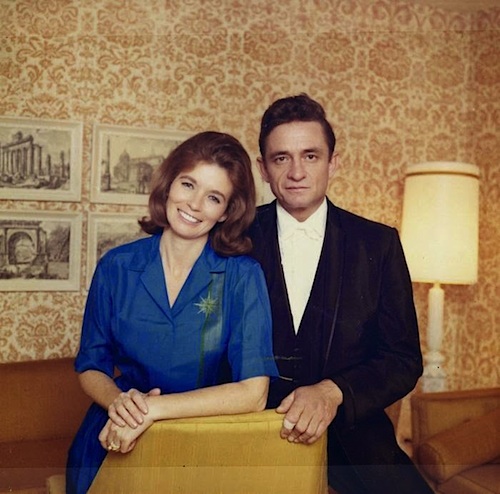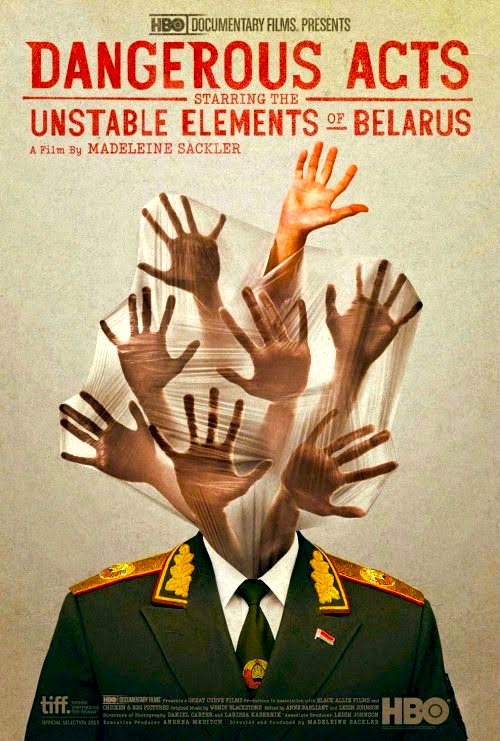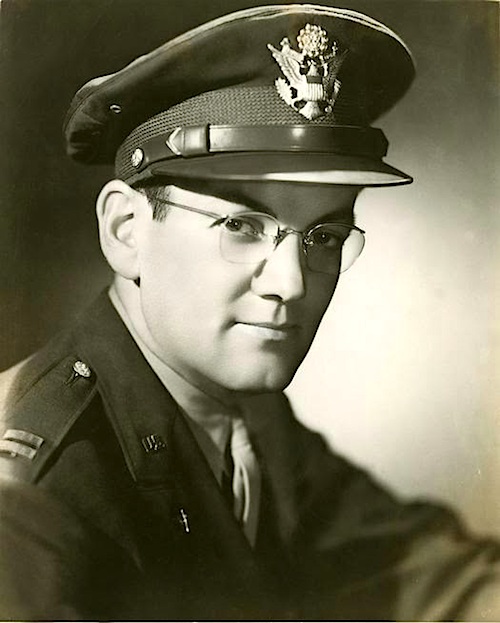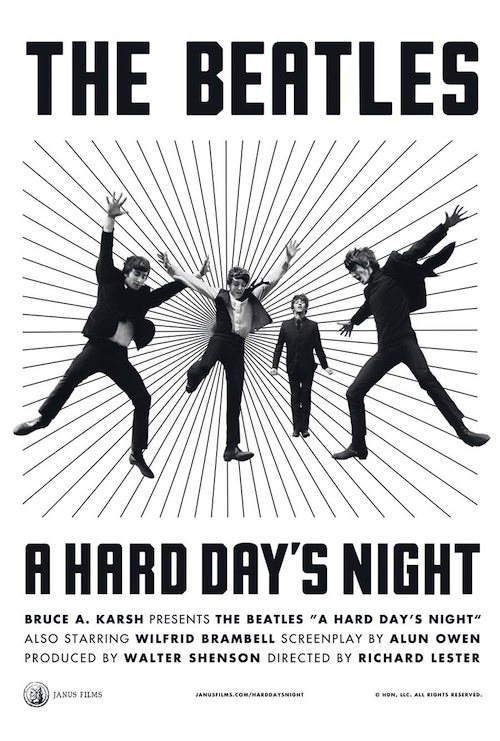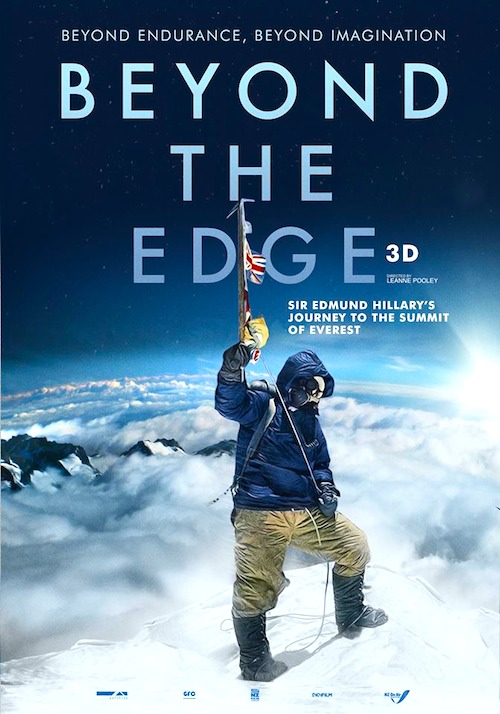By Joe Bendel. Evidently, you can still get addicted to the internet, even when it is heavily censored. China has become the first nation to official classify internet addiction as a psychological disorder. To combat the menace of World of Warcraft dependant teenagers, the government has instituted a network of boot camp style clinics to “cure” the anti-social gamers. Gaining unprecedented access to the Daxing Boot Camp outside of Beijing, Israeli filmmakers Shosh Shlam and Hilla Medalia document their patients’ response to treatment in Web Junkie, which opens this Wednesday at Film Forum.
They are mostly boys, aged thirteen to eighteen or so. From what viewers see, each and every one of them are gamers, suggesting the government is censoring the wrong websites, if they are really concerned about the social development of younger generations. Since most patient/inmates are either tricked into entering Daxing or in some cases drugged, the initial adjustment is often a rough process. However, once resigned to their situation, they typically try to say and do what they think the staff wants to hear.
Despite the admittedly excessive hours the patients had spent gaming (several uninterrupted days straight in many cases), none of the featured teens ever expresses any love or passion for their games. Yet, when a recent arrival stages a successful escape, they all head directly for an internet café.
Indeed, most of the kids in treatment seem rather dead inside. Frankly, they might benefit from access to Ai Weiwei’s blog and information on the real Dalai Lama. Clearly, they do not relate to either the Party ideology represented by the camp director or the go-go capitalism practiced by their parents, but they have nothing to fill that void accept first-person shooters.

Shlam and Medalia capture some very real drama, but their strictly observational approach apparently precluded them from asking any tough questions of the staff. It would be especially interesting to know how many of their charges are the sons of Party members, compared to those who come from religious families. The Chinese Communist Party’s legacy of “re-education” also distractingly hangs over the film, like an unacknowledged ghost.
Web Junkie is an eye-opening look at Chinese spiritual malaise, but it never really attempts to determine if the internet addiction diagnoses are genuine and whether the Daxing regimen is really necessary. Frankly, the evidence Shlam and Medalia collect looks rather ambiguous from a layperson’s standpoint. However, there is clearly a profound generational gap at play. Recommended for those who closely watch Chinese sociological developments, Web Junkie opens this Wednesday (8/6) at New York’s Film Forum. We also wish the best for the Israeli crew and their families as they bravely confront yet another round of craven terrorist attacks from Hamas.
LFM GRADE: B
Posted on August 4th, 2014 at 10:00pm.
